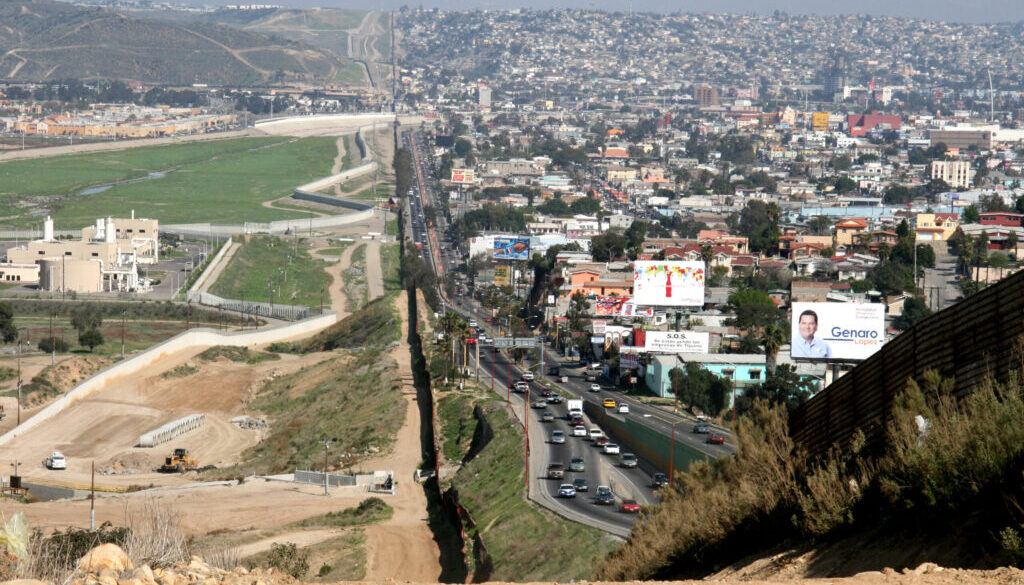Asians companies are interested in manufacturing in the Mexican border region
Mexican exports registered a 6% growth rate during the first half of this year. This increase had its origins in manufactured products manufactured in the Mexican border region by companies that participate in the IMMEX program. This activity has raised the interest of Asian firms in investing within Mexico’s national territory. This is the case despite the economic policies of the current Mexican government. As a result, much of the focus has been on the possibility of establishing facilities for manufacturing in the Mexican border region with the United States.
According to a recent statement made by Amapola Grijalva, executive president of the Mexico-China Chamber of Commerce and Technology, a dozen Chinese companies have recently been actively investigating the possibility of manufacturing in the Mexican border region as in other areas of the country.
Chinese and Korean companies show interest in manufacturing in the Mexican border region
Jonathan Pomerantz, Investment Director of the industrial development firm MEOR, which focuses on building industrial real estate in Mexico, recently reported that Korean and Chinese businessmen are the most interested in injecting capital to develop this type of activity in the country. The interest of Asian companies is mainly in border cities such as Tijuana and Ciudad Juarez.
“The dynamism of the northern Mexican border forces us to be thinking about continuing to support and create an infrastructure that will enable more companies can come. In our region, we have many stakeholders for both the logistics and manufacturing sectors. For example, in Tijuana, we are quite close to signing with a tenant of Chinese origin that is interested in manufacturing in the Mexican border region,” he said.
In the framework of the laying of the first stone to build its new “Hubspark” in Apodaca, Nuevo Leon, which will have 18,500 square meters and will create up to 1,200 direct jobs and 2,200 indirect jobs, Pomerantz added that the industrial buildings that the company has in Tijuana, Ciudad Juárez and Monterrey are attracting the interest of Asian companies. These companies are mainly from Korea and China and also originate from the United States in the logistics and manufacturing sector.
Manufacturing exports are up year to year
According to figures from the National Institute of Statistics and Geography (Inegi), last June, non-oil exports registered US $40 billion, which meant a growth of 26.1%, while manufacturing shipments totaled US $37.3 billion. This figure represents an increase of 26.7% when compared to the same period of the previous year.
In the first half of this year, a greater dynamism of the industry and an accelerated manufacturing activity on the Mexican border have enabled other companies dedicated to investing in the real estate sector to achieve a rebound in their income.
Such is the case of Fibra Uno, the first Real Estate Investment Trust, which in the third quarter of the year raised its total income by 19.0% to 5,396 million Mexican pesos (US $269,159) and its net operating income by 27.8% to add a total of 4,356 million pesos (US $214,053).
The CEO of Fibra Uno, André El-Mann, clarified that the revenue increases indicate that company income is already above pre-crisis levels. In addition to this, he affirmed that the logistics sector in Mexico has been demonstrating a growing demand. Because of this development, the company foresees that tenants will require additional space beyond what is currently available in the several logistics corridors located in Mexico. El-Mann also believes that continuing interest on the part of Asian companies in manufacturing in the Mexican border region will drive an increased need for both leased and build-to-suit industrial buildings.





